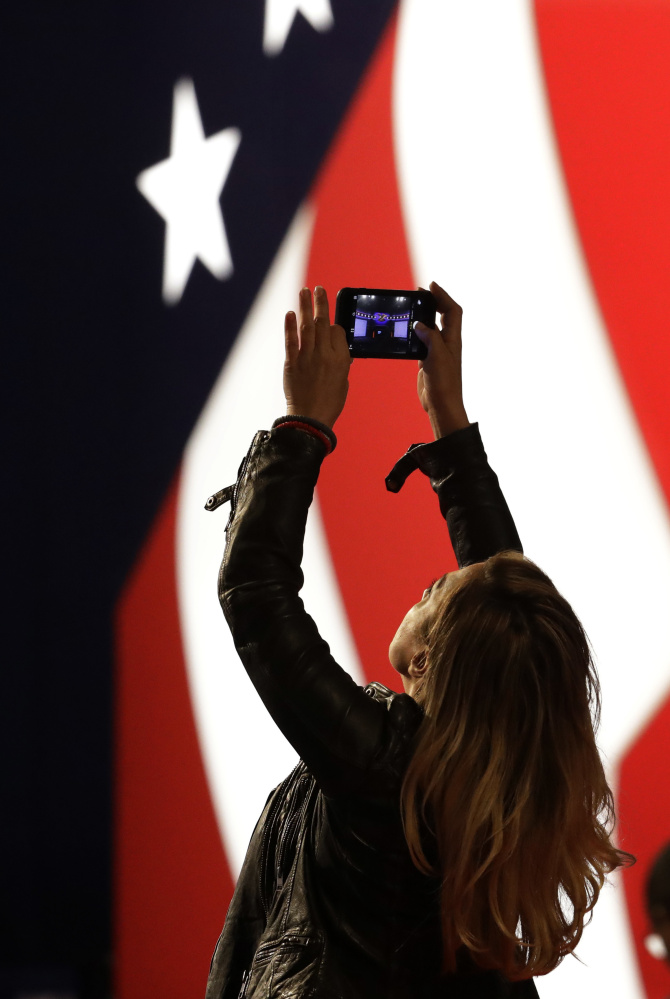WASHINGTON — The Age of Trump has begun, a new chapter in American history where social-media-driven people power will set the nation’s agenda and redefine government’s role in its life.
Historians compare Trump’s triumph to the rise of Andrew Jackson in 1828 and Franklin D. Roosevelt in 1932. Both presidents defeated long-entrenched powers, cobbled together new constituencies from the grass roots, defied the distant power brokers of finance and defined new, sweeping roles for the presidency and government.
They, and Trump, won their elections because they gave voice to a population that had long felt disenfranchised.
“A new unwritten chapter in American politics has opened,” said Pope McCorkle, a former Democratic consultant based in Durham, North Carolina, who’s now with the Sanford School of Public Policy.
This new epoch promises to bring voters together supporting different ways of governing and campaigning. Trump was the first major presidential candidate to fully harness the power of social media, where like-minded people can come together and put their muscle behind single issues.
That builds on a strong push from conservative media. Outlets including, notably, Fox News Network, Breitbart, the Drudge Report and radio talk shows hammered away, for example, at the notion that borders were dangerously porous.
Their efforts set the stage for the internet’s full-throated demand for action, combined with its support for a U.S.-Mexico wall, to give Trump a passionate, committed constituency. His plain-speaking way of voicing the frustrations of such makeshift coalitions allowed them to quickly come together to become a formidable force.
“People were angry about what they saw as an America different from what they grew up with, but they had put up with it,” said Steve Mitchell, chairman of the nonpartisan Mitchell Research & Communications in East Lansing, Michigan.
Their patience didn’t seem to be paying off. The economy was in its seventh year of recovery but blue-collar workers weren’t feeling it. The Obama administration revamped the health care system and pledged costs would stabilize, but premiums were soaring. Immigrants who were in the country illegally seemed to be everywhere.
An army of the discouraged was waiting, and Trump was able to mobilize it. “He connected in ways with people no one else did,” House Speaker Paul Ryan, R-Wis., said Wednesday.
Hillary Clinton had all the right campaign tools for a bygone era, notably more money and more door-knockers. But Trump had the tweeters and Facebook users. Or as Gary Bauer, chairman of the conservative Campaign for Working Families put it, “Americans who live and work on Main Street overcame the combined resources of the media, the entertainment industry, and corporate and political elites.”
Trump became a frequent tweeter and Facebook presence. Over the campaign’s last month, more than 67 million people engaged in conversations about Trump.
Send questions/comments to the editors.



Comments are no longer available on this story